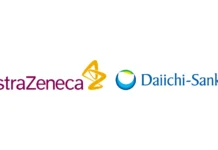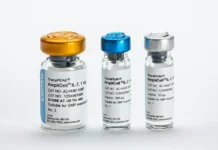Clinical research generates extensive amounts of data, yet most of it is siloed or generally unavailable to a larger pool of willing potential researchers. If this data were liberated to the masses, we would venture into a world of endless possibilities where the search for new cures and treatments could be accelerated.
From curing cancer to combating cardiovascular disease, clinical research data sharing has the potential to benefit many health care goals.
Clinical research data sharing for cardiovascular scientific discovery
The Duke Clinical Research Institute (DCRI) is at the forefront of this movement to engage in data sharing and research transparency, as noted by Drs. Eric Peterson and Michael Pencina in the short video below.
“We are trying to promote the message that more better research can be done if we come together and share,” says Pencina in the video.
DCRI is the first academic institution to share their data with the general research community around the world, believing that better, faster and more innovative research will happen if academic institutions share their data.
The DCRI is releasing data from their Duke Databank for Cardiovascular disease. It contains de-identified patient records of more than 100,000 procedures on more than 50,000 patients. Approved researchers will have access to the data to test clinical hypothesis, develop clinical trial protocols and assess long term outcomes and trends.
“Researchers who have good questions can ask questions of that data, analyze it in a protected environment, and ultimately make discoveries that hopefully will help heart disease patients in the future,” says Peterson, in the video


















